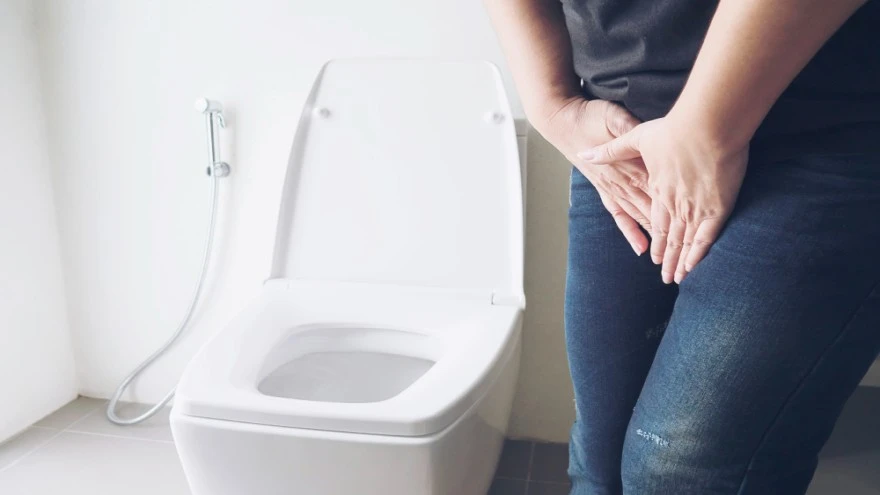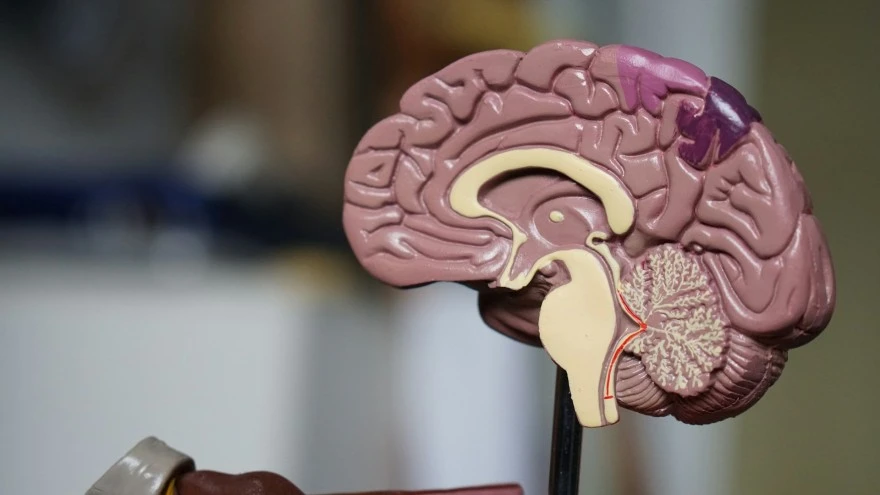HLA Typing A, B, C, DR, DQ (Class I & Class II)
Also known as: HLA Typing Panel A,B,C,DR,DQ loci (ClassI & Class II) by SSOP Luminex, EDTA Blood
Overview
HLA Typing determines an individual's Human Leukocyte Antigen (HLA) type at multiple loci, providing important information for:
- Organ and tissue transplantation: Matching donor and recipient HLA profiles improves transplant success and reduces rejection risk.
- Autoimmune diseases: Associations between specific HLA types and certain autoimmune diseases (e.g., celiac disease, multiple sclerosis) aid diagnosis and risk assessment.
- Infectious diseases: HLA genes influence susceptibility and disease course in some infections.
HLA Typing test analyzes:
- HLAs: Cell surface proteins crucial for immune response and disease predisposition.
- A, B, C, DR, DQ loci: Represent five key HLA gene regions tested.
- Class I & II: Differentiates two major HLA classes involved in different immune functions.
HLA Typing Panel A,B,C,DR,DQ loci (ClassI & Class II) by SSOP Luminex, EDTA Blood Price
Metropolis Healthcare is a leading diagnostics centre and pathology lab in India equipped with the latest state-of-the-art technologies that provides the HLA Typing Panel A,B,C,DR,DQ loci (ClassI & Class II) by SSOP Luminex, EDTA Blood with a clear pricing structure.
The HLA Typing Panel A,B,C,DR,DQ loci (ClassI & Class II) by SSOP Luminex, EDTA Blood Price in Mumbai is ₹ 21,095 .
We are committed to deliver accurate and quality results from the best labs in India with complete transparency regarding test cost and turnaround time. No matter where you are, we strive to offer patients high-quality service that is affordable and accessible.
Frequently Asked Questions
This test measures the specific HLA genes in your blood to determine your tissue type. It identifies the unique combination of antigens on the surface of your cells, which is important for matching donors and recipients in organ and tissue transplantation.
- To assess compatibility between potential organ donors and recipients
- To diagnose and monitor certain autoimmune diseases
- To understand the risk of developing certain genetic conditions
- To aid in paternity testing or forensic investigations involving DNA analysis
This test is recommended for individuals:
- Requiring an organ or tissue transplant
- Diagnosed with autoimmune diseases such as rheumatoid arthritis or celiac disease
- Suspected of having a genetic condition that involves HLA genes
- Involved in paternity disputes or legal investigations requiring DNA analysis
Abnormal results may indicate a higher risk of organ rejection in transplantation or suggest the presence of autoimmune diseases or genetic conditions. However, abnormal results do not definitively diagnose a specific condition. You should discuss your results with your doctor for further evaluation and interpretation.
- A blood sample will be collected from your arm using a needle.
- The sample will be sent to the laboratory for analysis.
- The test is painless, but you may feel a slight pinch when the needle is inserted.
Blood Collection:
- Collect blood 24 hours after dialysis to minimize interference from residual heparin.
Documentation:
- Use the specific HLA form designated for the test.
- Informed consent using the designated form is required.
- Patient's clinical history is needed.
- Include the clinician's number for identification.
HLA Test Requisition Form (TRF):
- Complete the TRF accurately and comprehensively.
- Provide detailed clinical history relevant to the test.
- Specify the relationship between patient and donor (if applicable).
- Include doctor-attested (signature & stamp) photographs of the recipient and donor (if applicable).
Other tests that may be ordered alongside HLA Typing A, B, C, DR, DQ include:
- Crossmatch Testing: To assess compatibility between organ donors and recipients before transplantation
- Autoantibody Testing: To detect specific antibodies associated with autoimmune diseases
- Genetic Testing: To confirm the presence of specific genetic mutations associated with certain conditions
HLA Typing, HLA Matching or Human Leukocyte Antigen Typing
Tissue typing refers to determining the compatibility between the donor's tissues and the recipient's immune system. It is crucial in organ and tissue transplantation to minimise the risk of rejection. Tissue typing helps identify the most suitable donors, ensuring better outcomes in transplantation procedures.
Ratings & Reviews (0)
Why Metropolis?
Metropolis has a team of 200 senior pathologists and over 2000 technicians delivering diagnostic solutions in the areas of routine, semi specialty and super specialty domains like Oncology, Neurology, Gynaecology, Nephrology and many more.
We offer a comprehensive range of 4000+ clinical laboratory tests and profiles, which are used for prediction, early detection, diagnostic screening, confirmation and/or monitoring of the disease.




















 WhatsApp
WhatsApp